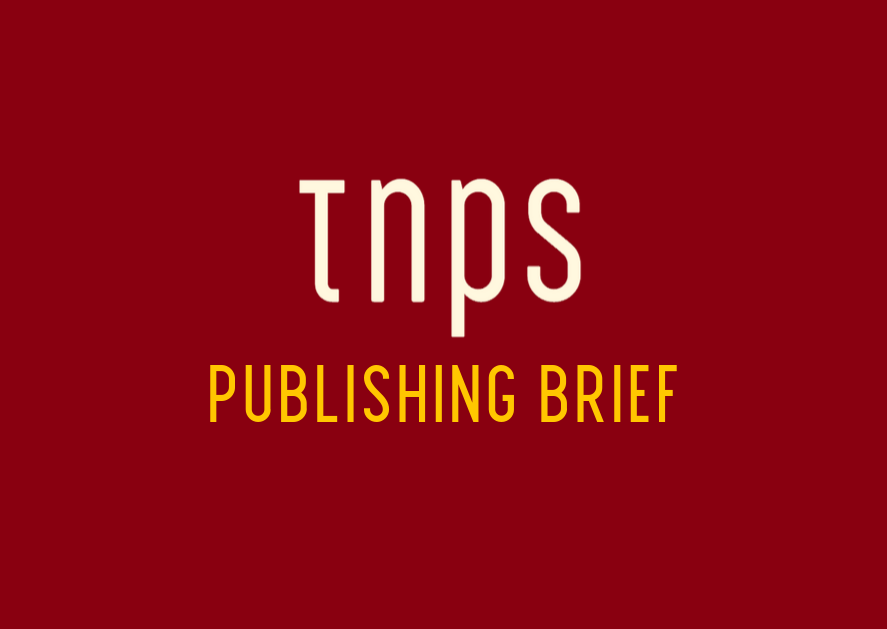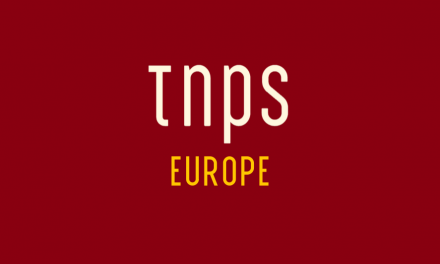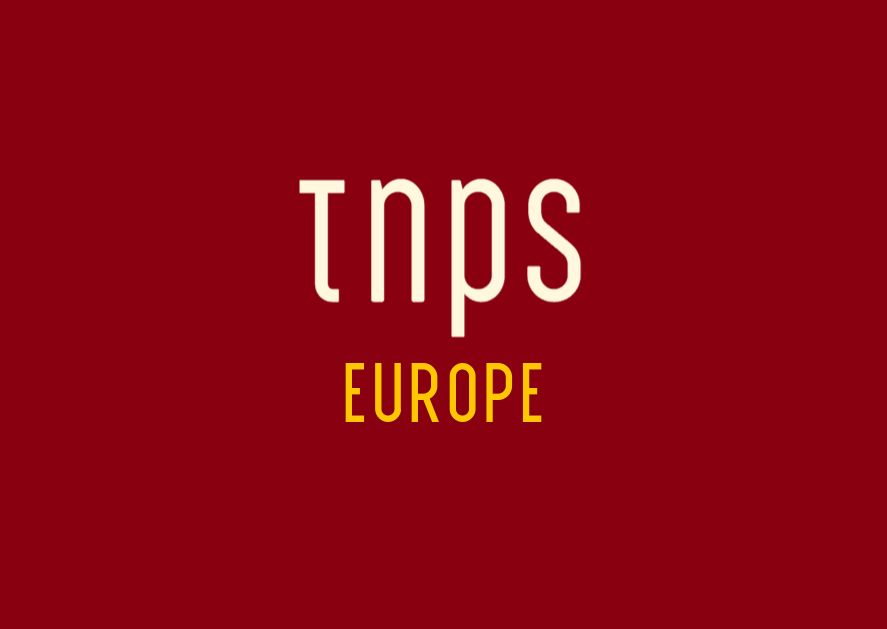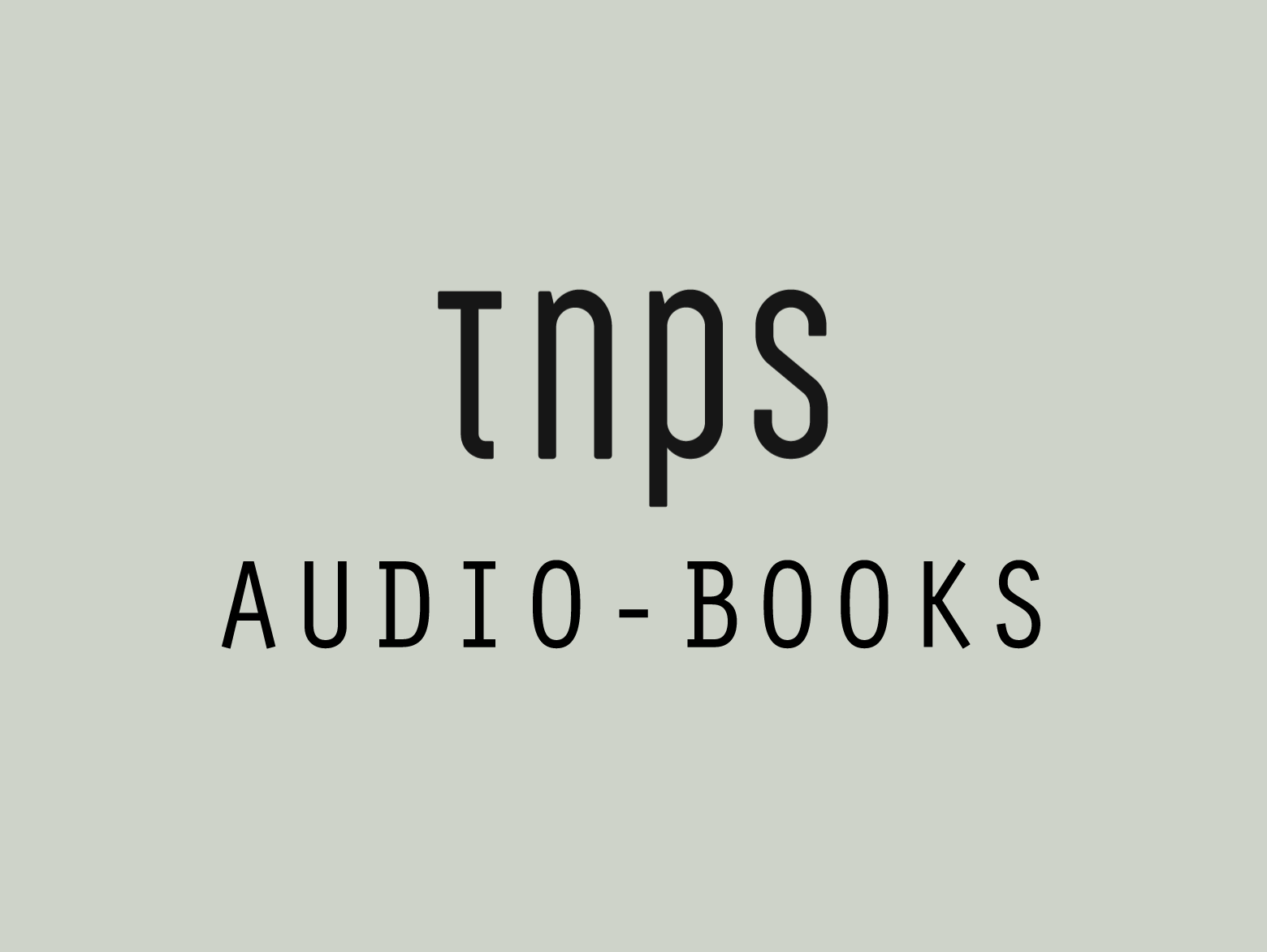At first glance the call from Waterstones and Barnes & Noble CEO James Daunt that books be considered essential commodities during the Coronavirus crisis seemed self-serving and out of kilter with the expectation that we all need to make sacrifices.
But as the numbers were announced, it quickly became apparent books are being considered essential items by consumers.
The Bookseller reported this week that Daunt had told them that, for Waterstones,
Overall sales, including online, had been up 17% on Wednesday 18th March alone (despite having) closed four campus bookshops temporarily during the crisis.
Arguing that books provided a social good for adults staying at home and children whose schools have been closed, Daunt said:
In the behaviour that we’re experiencing at the moment, demonstrably books are a necessity and, frankly, a social support for people that are going to be spending a lot of time in their homes.
As this post goes live late Friday evening the British Prime Minister Boris Johnson has ordered all pubs, gyms, restaurants and like social gathering spaces to be closed until further notice. But general retail for now has escaped the axe.
It’s unlikely Johnson even knows Daunt exists, let alone that the PM might take any notice, but Jeff Bezos will be having Daunt’s comments reported back, and the Amazon boss might by now be ordering reassessment of Amazon’s priorities.
Per numerous reports, Amazon “de-prioritised” books and other “non-essential” goods to focus on “household staples, medical supplies, and other high demand products.”
It’s improbable Waterstones customers are somehow unique in attaching value to books in a time of crisis, leaving one to wonder if perhaps Amazon has missed an opportunity here.




